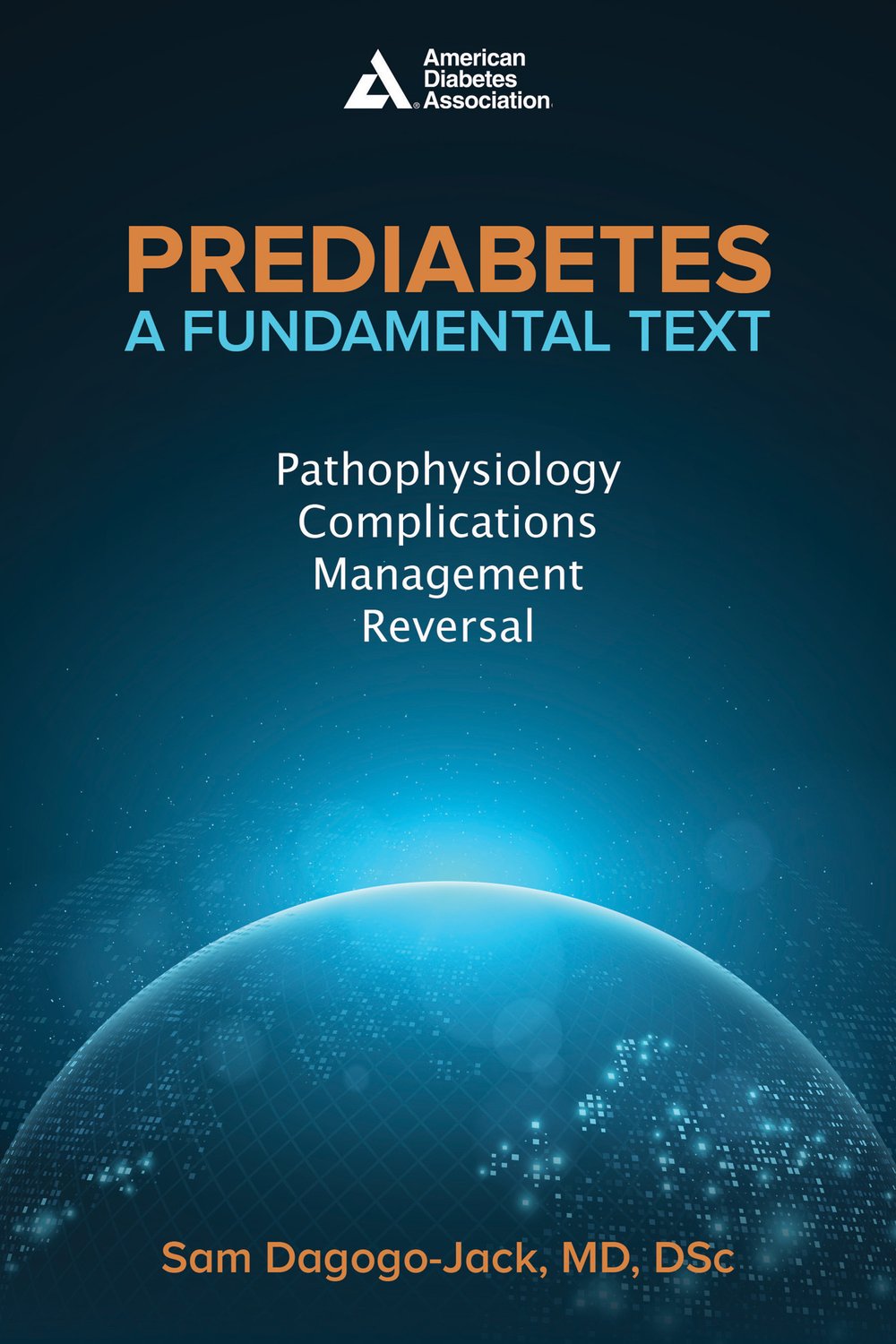Prediabetes: A Fundamental Text
Pathophysiology, Complications, Management & Reversal

Prediabetes affects nearly 90 million U.S. adults and more than 374 million people worldwide. But what exactly is prediabetes, and how should it be treated?
Individuals with prediabetes have a high risk of progressing to type 2 diabetes. Diabetes currently affects approximately 30 million adults in the U.S. and 463 million people worldwide, and type 2 diabetes represents 90-95% of the diabetes burden. Individuals with prediabetes also face increased risks of developing several complications including heart disease. Intervention at the prediabetes stage can help prevent progression to type 2 diabetes, and even lead to remission of prediabetes and a return to normal blood glucose regulation (NGR). However, a deeper understanding of the pathobiology of prediabetes is critical to the discovery and delivery of programs for preventing of diabetes.
Focusing on prediabetes is compelling: Understanding the numerous risk factors that trigger the initial escape from NGR toward prediabetes provides critical information that enables the precise and timely targeting of preventive interventions to at-risk persons.
This book is for clinicians, researchers, public health practitioners and policy makers. It begins with an overview of the demographic, anthropometric, biobehavioral and biochemical factors that drive the transition from normal blood glucose to prediabetes. Emerging knowledge from the fields of genomics, transcriptomics, microRNAs, metabolomics and microbiomics is incorporated into a comprehensive treatise on the pathobiology of prediabetes.
Next, the focus shifts to evidence-based management of prediabetes and prevention of type 2 diabetes. Prediabetes seldom remits spontaneously. Lifestyle modification and certain medications can prevent progression from prediabetes to type 2 diabetes and may even induce remission of prediabetes in some people. Landmark diabetes prevention trials are discussed through the prism of their successful translatability in communities around the world. Emphasis is placed on practical adaptations that would enable cost-effective community diabetes prevention initiatives.
Interventions utilizing lifestyle modification are prioritized over medications, but novel approaches (including cyclical medication strategy, designer nutraceuticals and metabolic surgery) are also discussed. Current lifestyle intervention protocols have been more effective at preventing progression from prediabetes to type 2 diabetes than they have been at restoring NGR. This book makes the case that reversal of prediabetes and restoration of normal blood glucose levels carries numerous benefits and ought to be the primary goal of intervention in people with prediabetes.

Sam Dagogo-Jack, MD, DSc, is Professor of Medicine and Chief of the Division of Endocrinology, Diabetes and Metabolism at the University of Tennessee Health Science Center, Memphis, TN, where he holds the A. C. Mullins Endowed Professorial Chair in Translational Research. He is also Director of the General Clinical Research Center at UTHSC. Dr. Dagogo-Jack’s current research focuses on the interaction of genetic and environmental factors in the prediction and prevention of prediabetes and diabetes.

